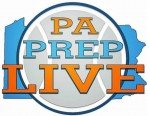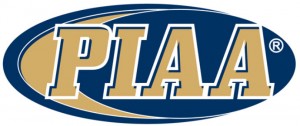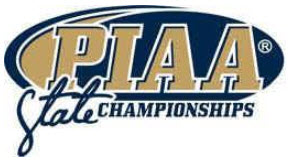

Welcome to the sixth year of Delcohoops.com, the one site you can check for all the news on all the Delaware County high school basketball teams!
We are pleased to announce a new master sponsor, Burman’s Health Shop. Burman’s is located on Edgmont Ave in Brookhaven and feature a full line of health supplements and vitamins. Burman’s Health Shop is pleased to support the promotion of high school basketball through the Internet pages and our LIVE and archived game broadcasts available on Delcohoops.com.
We have been delighted with the fan response these past five years and expect to go well over 1,000,000 hits in our sixth year. We now cover 24 public and private high schools throughout the Delaware County!
We also will continue with our very popular Game-of-the-Week featuring some of the best high school basketball our county has to offer broadcast LIVE over the Internet and available 24/7 after the game is completed. There is no charge to listen to any of our games; live or on archive.
We are delighted to have the great voice of high school sports, Dave Burman, to lead our broadcasts for the third year in a row as our play-by-play announcer. Pete Fulginiti and Mike Mayer will continue with their color commentary. We have also added Andrew Kaufman to our broadcast crew as we hope to expand our pre and post game interviews on our broadcasts. Our broadcast team is excited and looking forward to another great year of high school basketball for Delaware County
Mike Mayer will continue with their color commentary. We have also added Andrew Kaufman to our broadcast crew as we hope to expand our pre and post game interviews on our broadcasts. Our broadcast team is excited and looking forward to another great year of high school basketball for Delaware County
Check back with us frequently for article, stories and photos as the season progresses.
Like to become a sponsor? Drop us a quick email at delcohoops@aol.com and we’ll get back to you with all the information. You can sponsor this web page and/or our Game-of-the-Week broadcasts.










